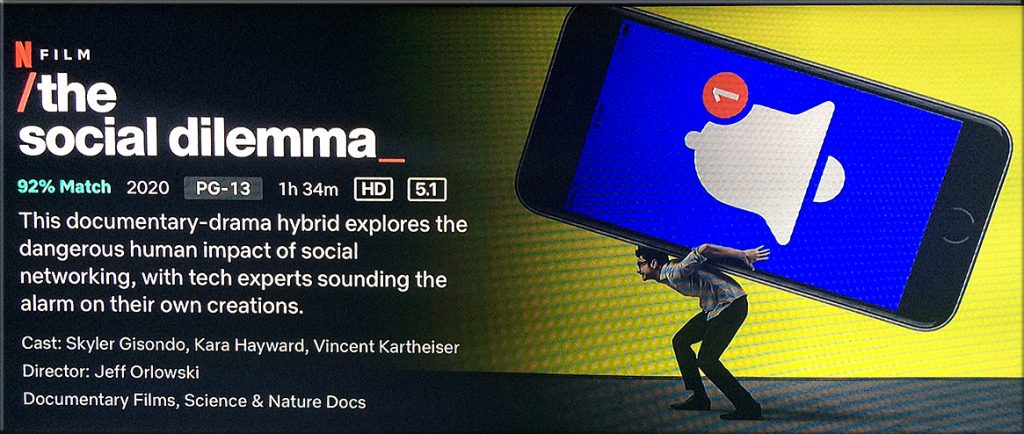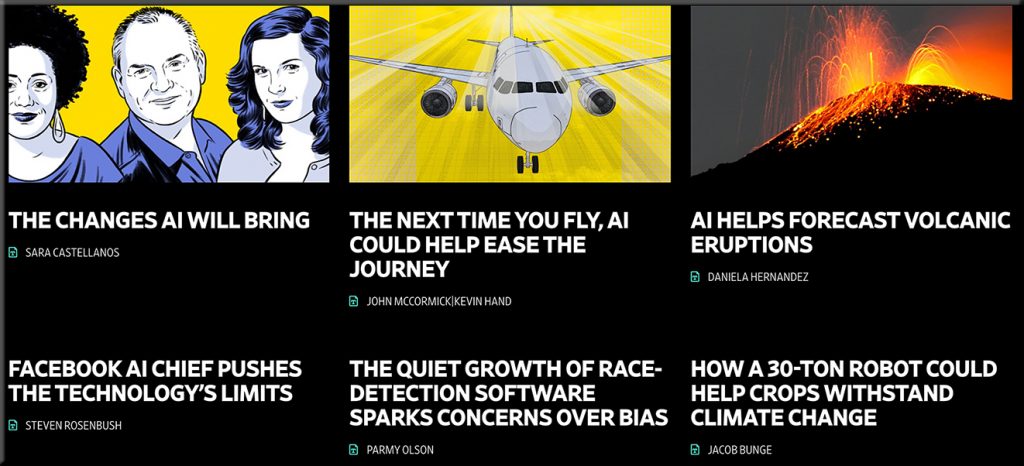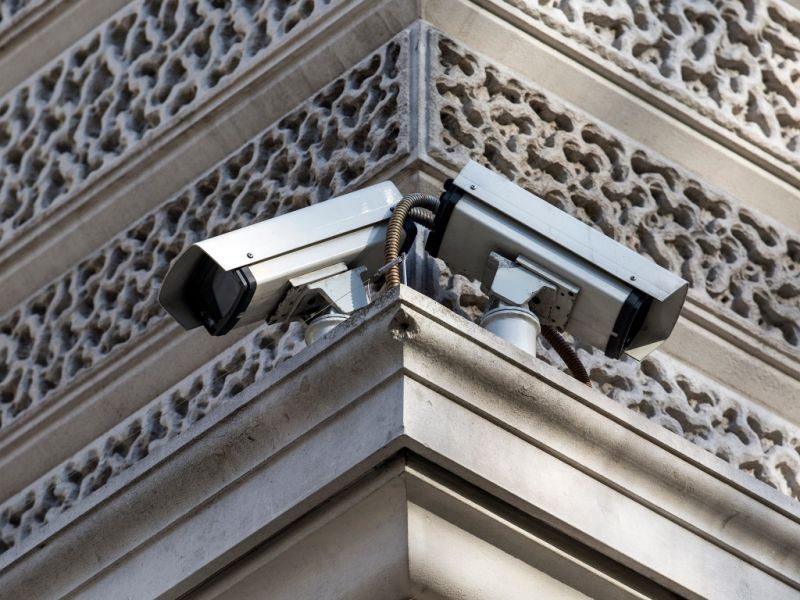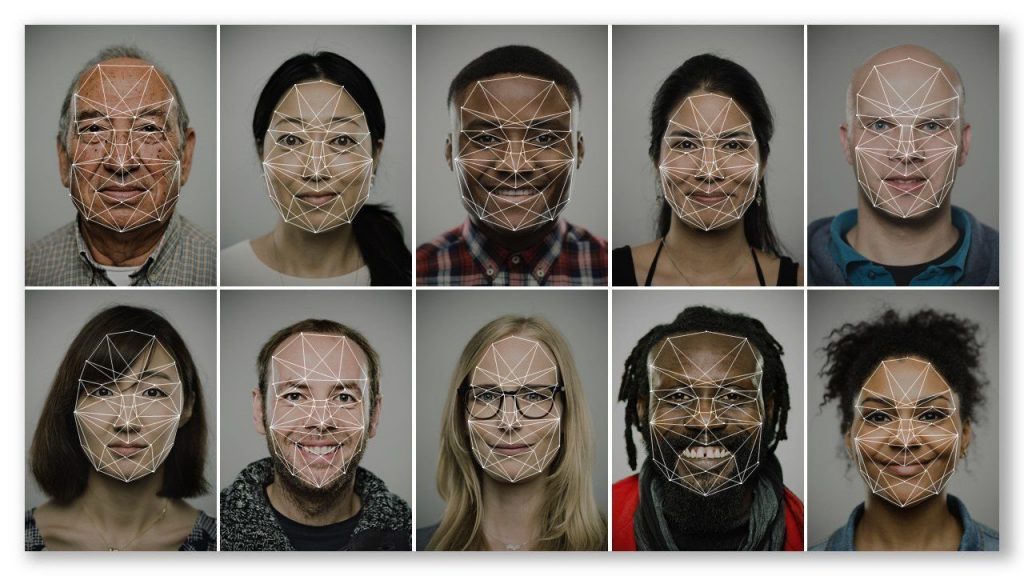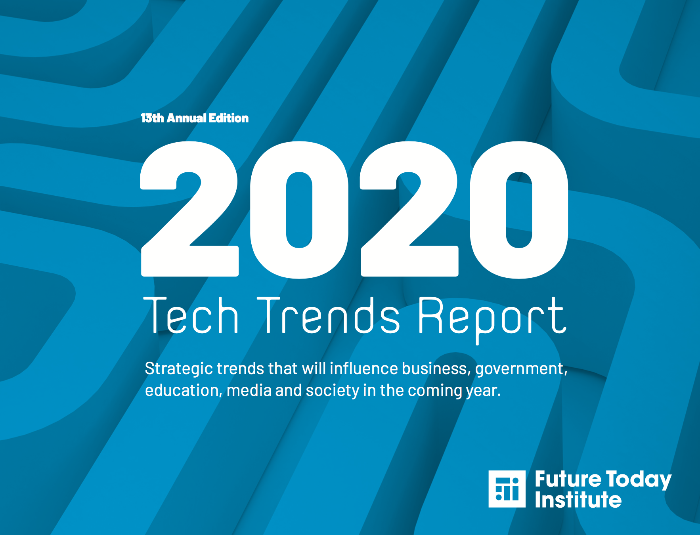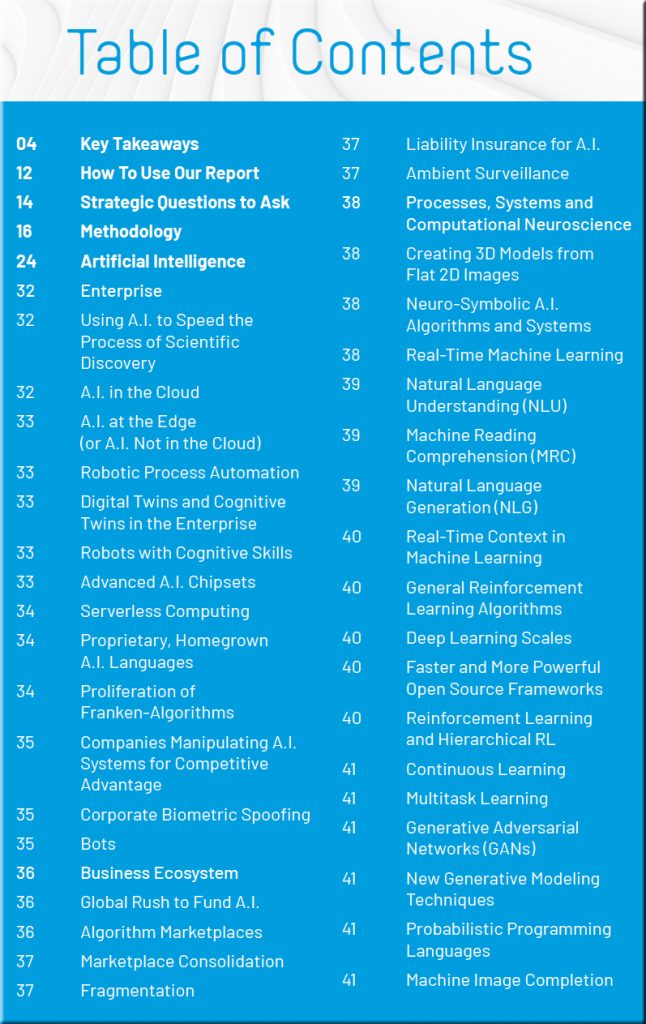Report: There’s More to Come for AI in Ed — from thejournal.com by Dian Schaffhauser
Excerpts:
The group came up with dozens of “opportunities” for AI in education, from extending what teachers can do to better understanding human learning:
- Using virtual instructors to free up “personalization time” for classroom teachers;
- Offloading the “cognitive load” of teaching;
- Providing “job aids” for teachers;
- Identifying the links between courses, credentials, degrees and skills;
- “Revolutionizing” testing and assessment;
- Creating new kinds of “systems of support”;
- Helping with development of “teaching expertise”; and
- Better understanding human learning through “modeling and building interfaces” in AI.
But contributors also offered just as many barriers to success:
- Differences in the way teachers teach would require “different job aids”;
- Teachers would fear losing their jobs;
- Data privacy concerns;
- Bias worries;
- Dealing with unrealistic expectations and fears about AI pushed in “popular culture”;
- Lack of diversity in gender, ethnicity and culture in AI projects; and
- Smart use of data would require more teacher training.









